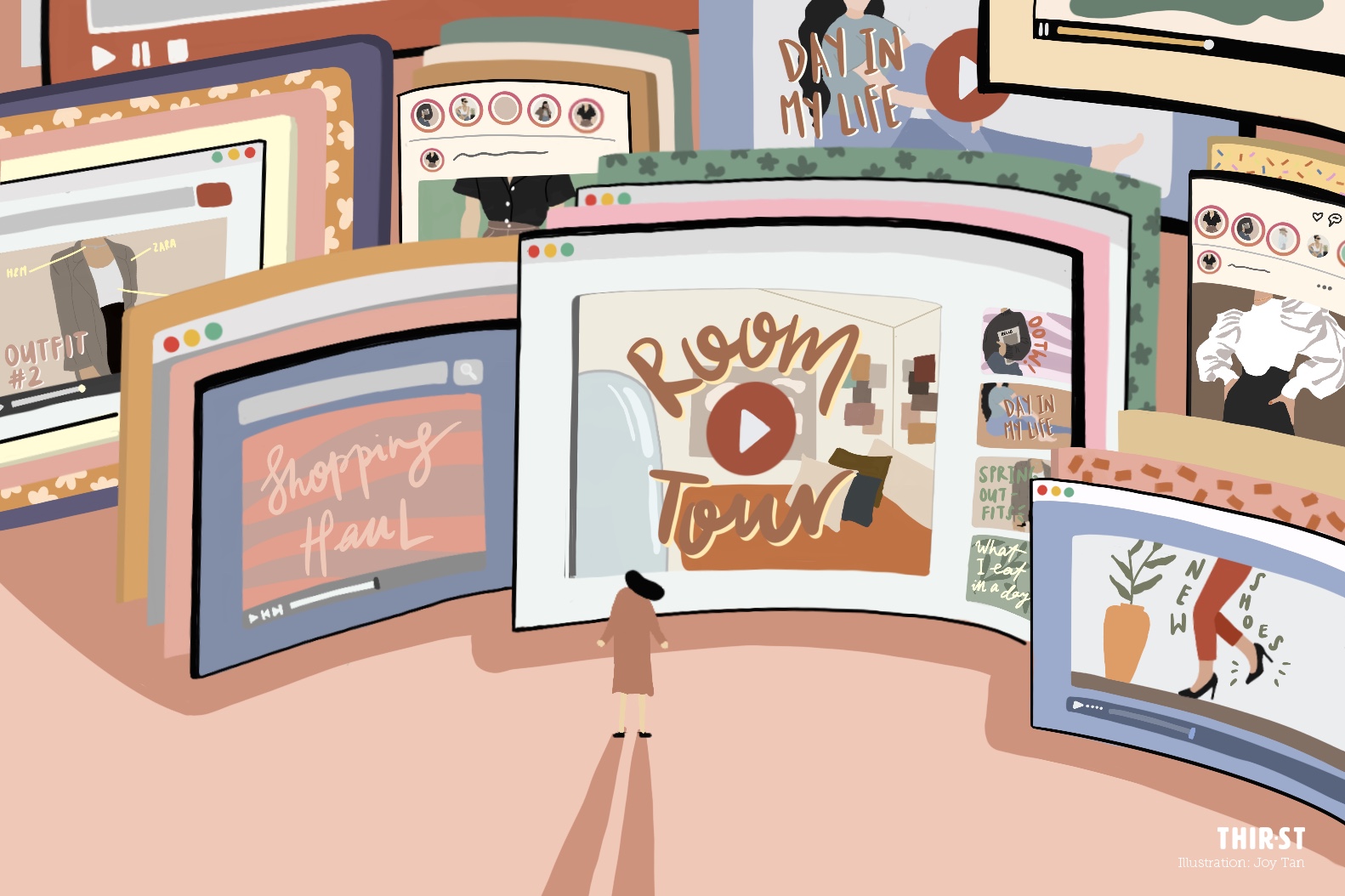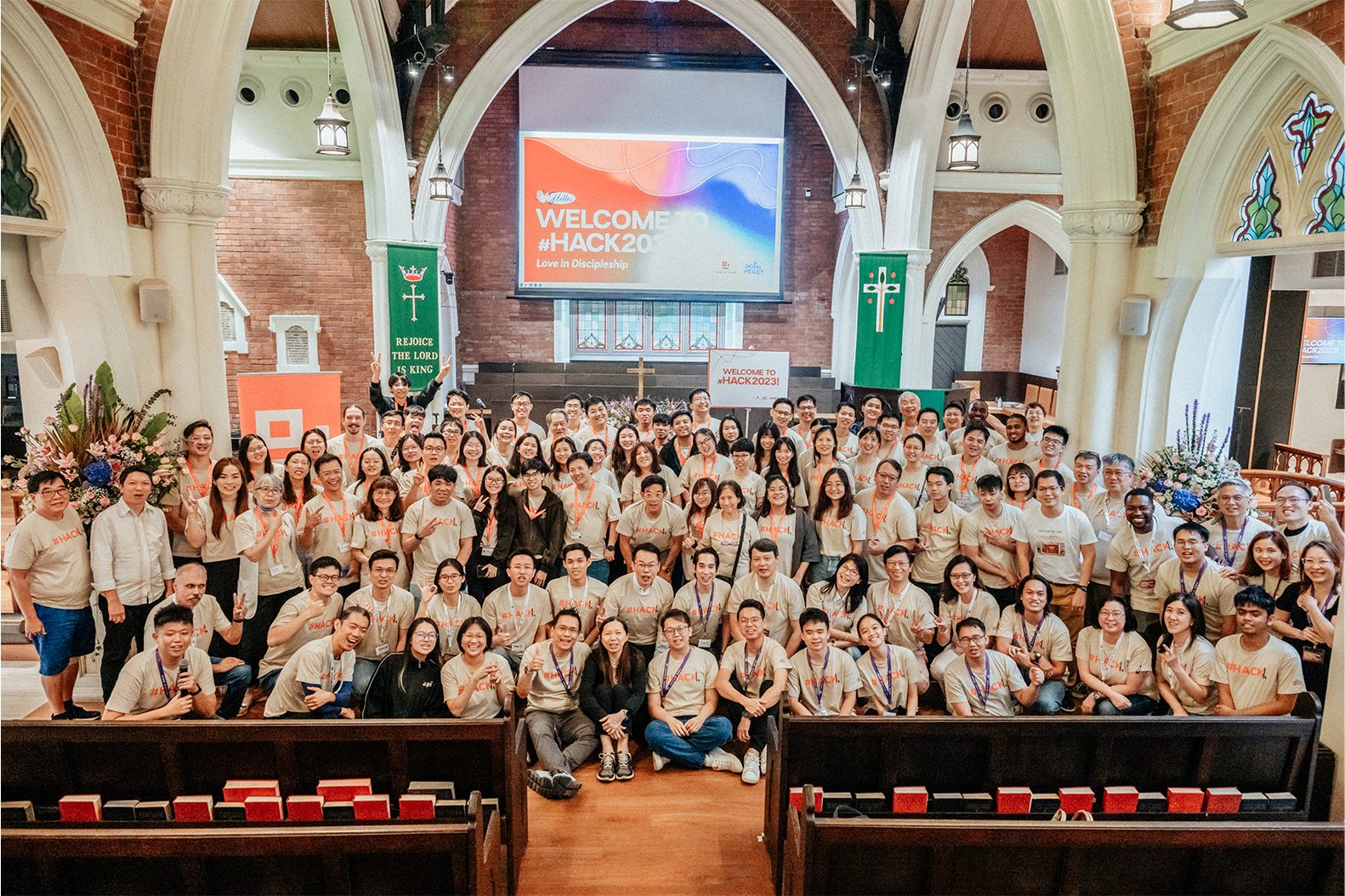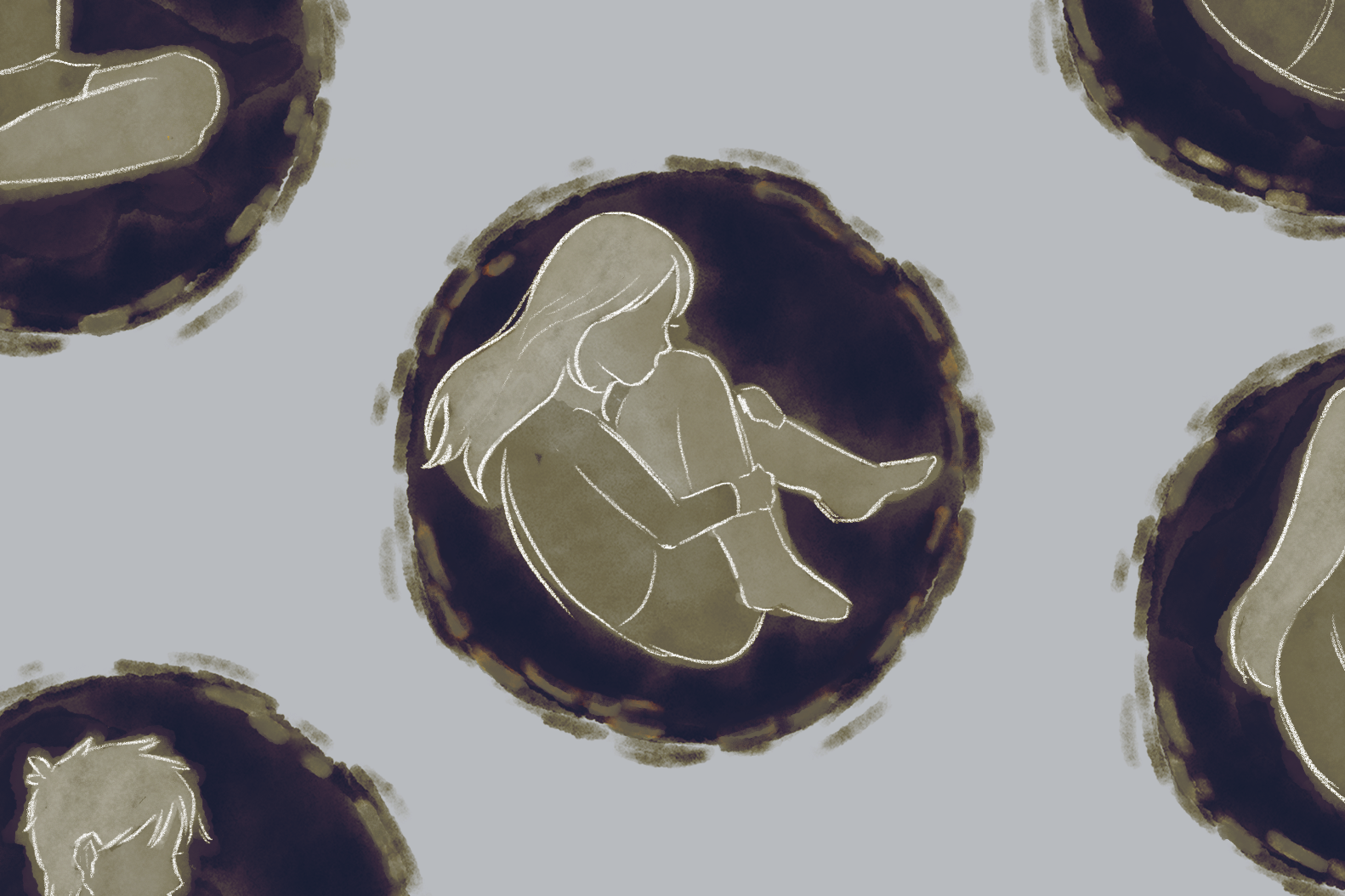Ever since the pandemic started, many of us have picked up new habits to enrich our lives while being grounded at home. In my case, I began following more influencers on social media.
After a normal (usually long and mundane) day of working from home, I would unwind by watching their latest content, which usually involves them doing something fun and productive, promoting a new product or sharing positive tips – all while looking very polished and put together.
Along the way, I was introduced to the “aesthetic lifestyle” on YouTube videos. The vlogger (usually a woman) would film her daily routine – from preparing breakfast to fixing up her home – peppering it with productivity and self-help tips along the way.
These videos are simple but are filmed and edited beautifully, and they even have soothing lo-fi music playing in the background.
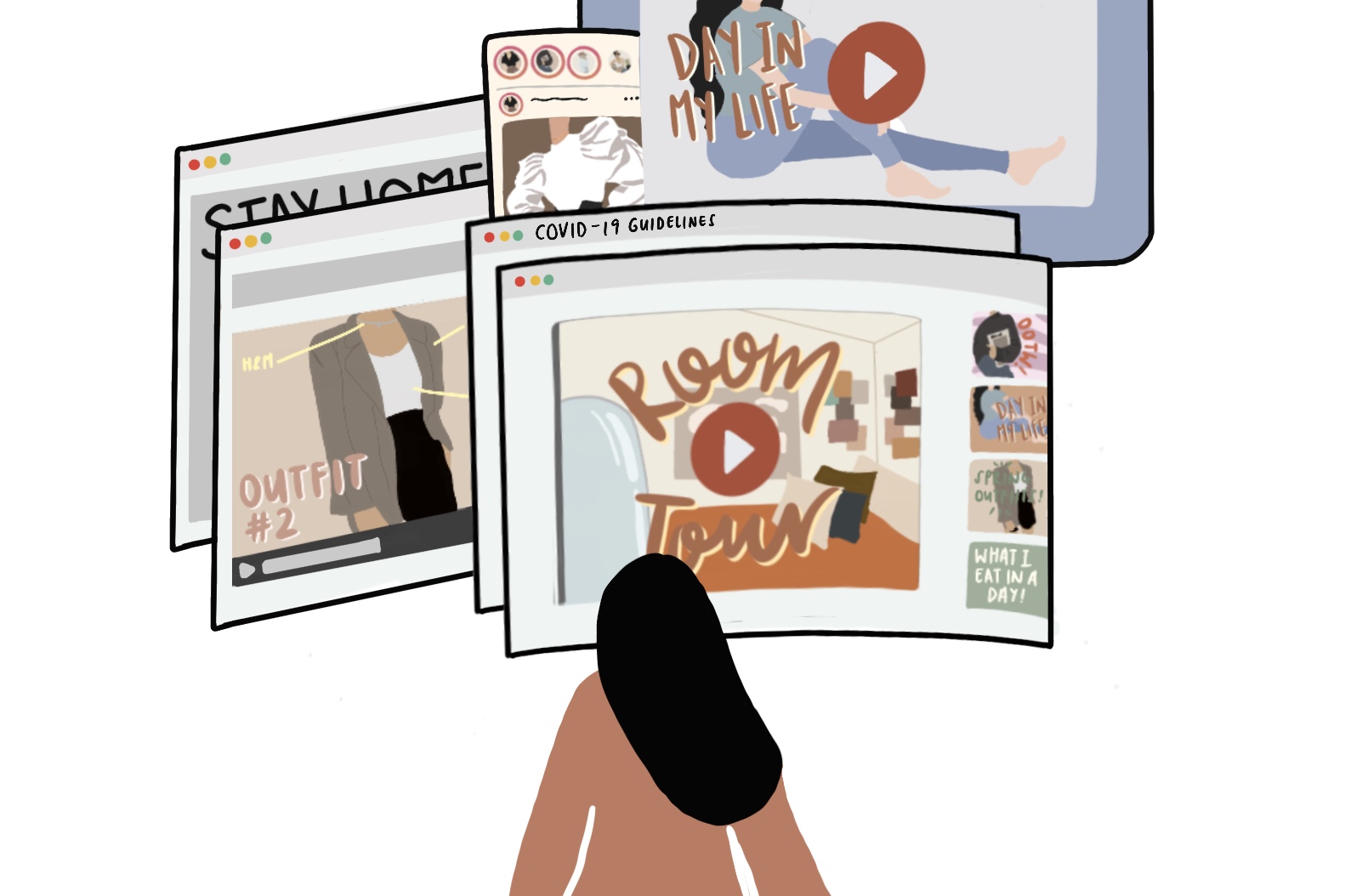
As a design graduate, I found them artsy and inspiring to watch – and imagining having a taste of their “perfect” life helped me keep my mind off the restrictions we were facing because of COVID-19.
So at first, I didn’t see anything wrong with watching these videos. However, when it became more of a habit, I began to see how these videos would influence my life in negative ways. Here’s why:
1. We can’t make ourselves perfect, no matter how hard we try
While watching those influencers and their “flawless” lives, I was subconsciously comparing their lifestyle with mine, which drove me to become more of a perfectionist – from maximising every minute of my day to making sure that everything from my work to house chores was done perfectly.
This became a way of proving my self-worth, to show others that I’m being responsible with how I manage my life. I already had OCD tendencies to begin with, and modelling my life after the aesthetic lifestyle only made me more anxious.
What we often forget as we watch these aesthetically perfect videos, is that what we see is mostly just a persona that these influencers take on. And like many of us, they too have their own struggles in life, they just choose not to show them on camera.
Hebrews 10:14 says: “For by one offering, He has perfected for all time those who are sanctified.”
When Jesus, the only perfect human, died on the cross for our sin, He not only made a way for our salvation, but also enabled us to become perfected – achieving right standing before God – in Him.
2. Focusing on appearances may distract us from what is within
In a bid to look more beautiful, Make Up Tips, Fashion Hacks, Photo Filters and Presets have now become a normal feature of our lives.
One day, as I was casually saving more of these tips to my Notes app, a verse popped into my mind and made me ponder on all my efforts:
Your beauty should not come from outward adornment, such as elaborate hairstyles and the wearing of gold jewellery or fine clothes. Rather, it should be that of your inner self, the unfading beauty of a gentle and quiet spirit, which is of great worth in God’s sight. (1 Peter 3:3-4)
Even though the context of the verse was about how godly wives should be like, it also made me conscious of how my relationship with God should be.
Am I cultivating a gentle and quiet spirit? Do I really trust God’s Word and put it into practice? Or am I just trying to look like a good Christian, without actually thinking about the state of my heart?
The difference between trying to live a “perfect” life by following these influencers’ tips versus listening to what the Bible says goes back to the motives of our hearts (1 Samuel 16:7) – whether it is to make ourselves look good, or to please and honour God (Colossians 3:23-24).
I’ve realised that even when things don’t turn out as expected and I’m limited in what I’m able to do, it’s okay, so long as I know that I have done it wholeheartedly for God.
3. We need to practise discernment in what we watch or listen to
The advice influencers give range from simple self-care tips to more complicated topics, such as new age meditation, astrology, numerology, etc. For most of these practices, it’s clear that the source of happiness hinges on us and how we strive for it – by becoming the “best version” of ourselves through acts of self-improvement.
Some of these advice may appear harmless and could be presented as a quote in nice calligraphy, a self-help book they’re currently reading, a new app or just a daily routine to try.
I remember grabbing a viral self-help book on decluttering because one of my favourite bloggers kept recommending it. The book had a pretty cover design and the summary caught my attention.
But after I began reading it more, I discovered that it actually talked a lot about animism and other topics that are not in line with what the Bible teaches.
As Matthew 6:22-23 warns us: “The eye is the lamp of the body. If your eyes are healthy, your whole body will be full of light. But if your eyes are unhealthy, your whole body will be full of darkness.”
These verses reminded me that I needed to be careful in deciding what I watch, read, listen to every day and not just base on my decisions on what someone else has shared.
If we really want to follow the right way of “self-improvement”, we already have the best source for it – the Bible!
Psalm 119:97-99 says: “Oh, how I love your law! I meditate on it all day long. Your commands are always with me and make me wiser than my enemies. I have more insight than all my teachers, for I meditate on your statutes.”
After realising all this, I decided to limit my screen time by using an app timer, taking days off browsing social media and even unsubscribing from some of the channels. In its place, I’m trying to be more disciplined in having regular Quiet Time.
It did feel uncomfortable at first, as the Bible certainly reveals many of my flaws, just like looking at my reflection on a big and clear mirror.
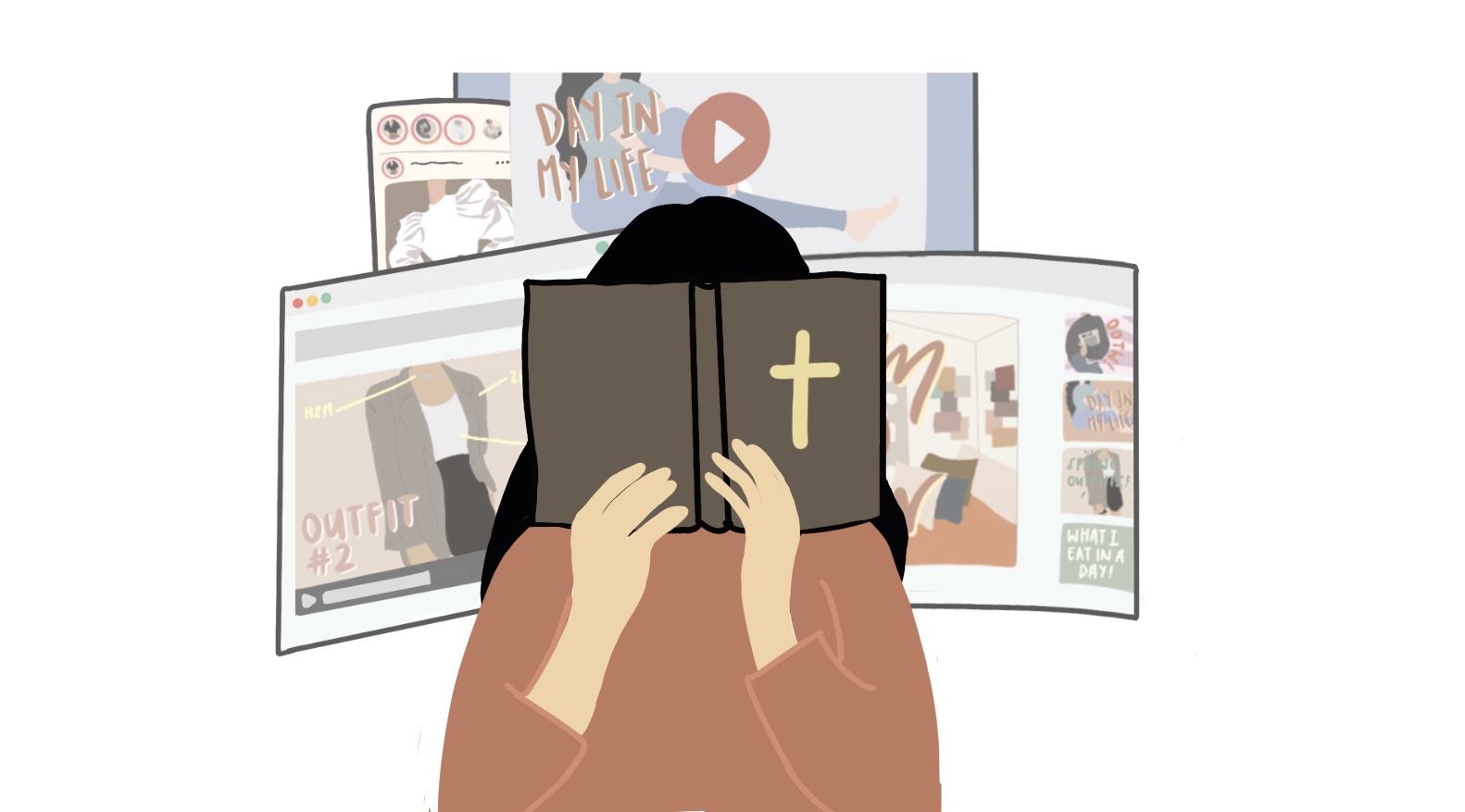
But with time, by involving Him in my daily activities, from my work to the decisions I make and even my struggles with comparison. Doing so has helped me become more at peace and contented with the life that He has given me.
Dear friends, by sharing these insights, I hope that we can be more mindful with what or who we allow to influence our lives. Let us be influenced not by the world but by His Word, and let us invite the Holy Spirit to guide us in all our ways, that we may please Him who matters most.
This article was first published on YMI and is republished with permission.
- Are your social media feeds or entertainment choices contributing to an increase in anxiety?
- What are you doing to cultivate the garden of your heart?
- How much time are you spending on feeding yourself with His Word and in prayer?


